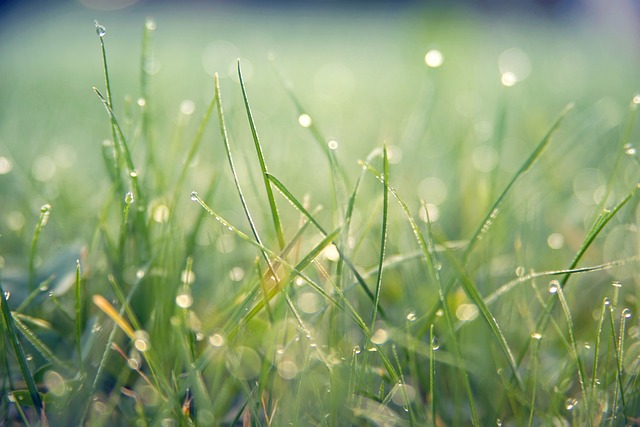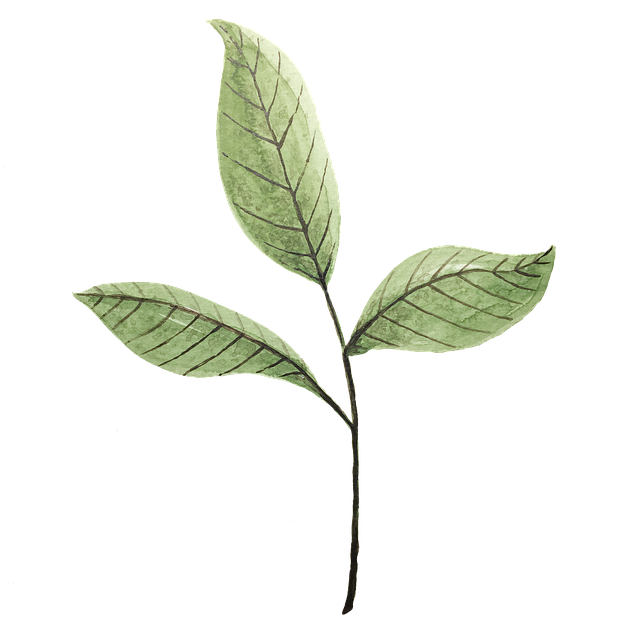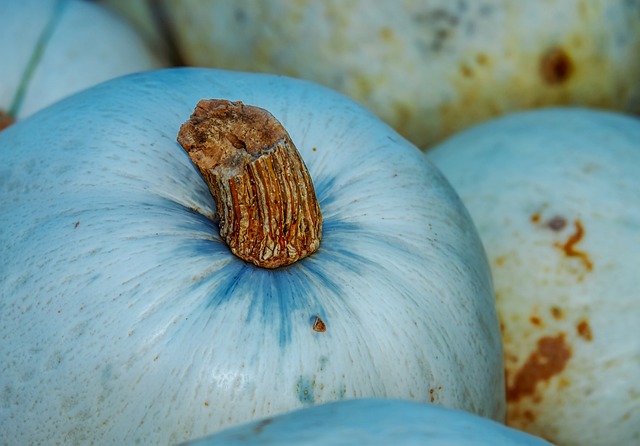Yard waste like grass clippings and leaves is a common yet harmful byproduct of home gardening. Responsible practices like composting offer an eco-friendly solution, reducing methane emissions from landfills while creating nutrient-rich soil amendments. This guide teaches step-by-step how to compost organic yard waste, minimizing waste and enhancing garden health through natural fertilizers. By adopting these methods, gardeners can support a sustainable ecosystem, promote healthier plants, reduce pest issues, and foster biodiversity in their green spaces.
For garden enthusiasts looking to enhance their green spaces, composting is a game-changer. Understanding yard waste removal and recycling is essential for sustainable gardening practices. This article delves into the impact of yard waste on the environment and offers a step-by-step guide to composting at home. You’ll discover the numerous benefits of creating your own compost, from improving soil health to reducing landfill waste. Get ready to transform your garden and contribute to a greener planet!
- Understanding Yard Waste and Its Impact on the Environment
- The Art of Composting: A Step-by-Step Guide for Garden Enthusiasts
- Benefits of Compost Creation for Your Garden and the Planet
Understanding Yard Waste and Its Impact on the Environment

Yard waste, including grass clippings, leaves, and garden trimmings, is a significant part of what many households produce. Improper disposal methods can lead to environmental issues, as this organic material ends up in landfills, contributing to methane gas emissions and taking up valuable space. In today’s eco-conscious world, understanding the impact of yard waste is crucial for responsible garden enthusiasts.
By adopting practices like Yard Waste Removal and Recycling, individuals can play a vital role in reducing their environmental footprint. Composting, a natural process that transforms organic matter into nutrient-rich soil amendments, not only minimizes yard waste but also enriches garden soil, promoting healthier plants. This simple yet powerful method offers a sustainable solution, ensuring that what was once considered trash becomes a valuable resource for nurturing lush and vibrant gardens.
The Art of Composting: A Step-by-Step Guide for Garden Enthusiasts

Composting is an art that every garden enthusiast should master for its numerous benefits to their green haven. It’s a natural process of recycling yard waste and turning them into nutrient-rich compost that acts as a powerful fertilizer. This step-by-step guide will help you create your very own black gold for your garden.
Start by collecting organic materials such as leaves, grass clippings, vegetable scraps, and coffee grounds. Avoid adding meat, dairy, and diseased plants to prevent pest and odor issues. Layer these materials in a compost bin or pile, ensuring a balance of greens (nitrogen-rich) and browns (carbon-rich). Regularly turn the pile to aerate and speed up the decomposition process. Over time, the materials will transform into dark, crumbly compost, ready to enrich your soil and promote healthy plant growth through effective yard waste removal and recycling.
Benefits of Compost Creation for Your Garden and the Planet

Compost creation offers a multitude of benefits for both your garden and the planet. By engaging in yard waste removal and recycling through composting, you significantly reduce the amount of organic waste that ends up in landfills. This not only minimizes environmental impact but also provides a rich, natural fertilizer for your garden. Compost enhances soil structure, improves water retention, and promotes healthy microbial activity, fostering an optimal environment for plant growth.
Furthermore, composting is an eco-friendly alternative to commercial fertilizers, which often contain harmful chemicals. It contributes to a more sustainable and balanced ecosystem by returning valuable nutrients to the earth. Garden enthusiasts who compost can expect healthier plants, reduced pest and disease issues, and a thriving garden ecosystem that supports biodiversity.
Compost creation is a powerful tool for garden enthusiasts looking to reduce their environmental impact. By understanding yard waste and its potential harm, we can embrace the art of composting as a sustainable solution. Following a simple step-by-step guide ensures effective recycling of organic materials, benefiting both personal gardens and the planet. Adopting this practice not only minimizes yard waste removal costs but also enriches soil health, promoting lush plant growth. It’s a win-win for both gardeners and the environment.














